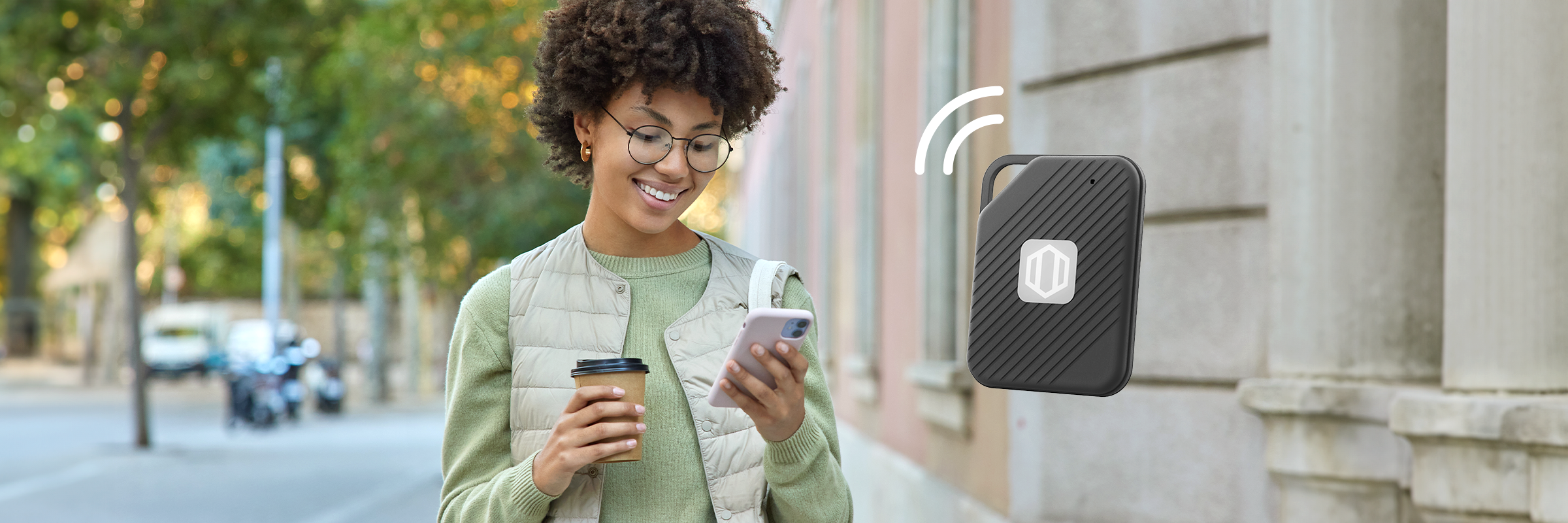Artificial intelligence, renowned for its capabilities in coding and storytelling, also presents a concerning facet—it can crack your passwords. A recent report from cybersecurity experts at "Home Security Heroes" showcases the potential risks, demonstrating how advanced AI tools can decrypt common passwords within minutes, and in some cases, seconds.
 To test the capabilities, they employed an AI tool called "PassGAN," this tool learns from real leaked passwords to refine its ability to crack them, enabling cybercriminals to efficiently compromise passwords. The findings are alarming…
To test the capabilities, they employed an AI tool called "PassGAN," this tool learns from real leaked passwords to refine its ability to crack them, enabling cybercriminals to efficiently compromise passwords. The findings are alarming…
 (Check whether your passwords are secure enough / Courtesy of Home Security Heroes)
(Check whether your passwords are secure enough / Courtesy of Home Security Heroes)
Home Security Heroes uncovered that 81% of common passwords could be cracked within a month, 71% within a day, 65% within an hour, and a staggering 51% within less than a minute. PassGAN showcased its proficiency by cracking a seven-character password, including uppercase letters, lowercase letters, numbers, and symbols, in a mere six minutes. Even a 13-character password consisting only of numbers succumbed to PassGAN's capabilities in just three minutes.
The blend of password length and complexity is pivotal. A nine-character password with diverse character types would resist cracking for approximately five years, while an 18-character password consisting solely of numbers would take around ten months. However, a password with 18 characters and a mix of character types would defy cracking for an astronomical six trillion years.
What makes PassGAN so adept at password cracking? In contrast to most tools that rely on simple data models and manual guesswork, PassGAN operates within a neural network, progressively gaining intelligence through analysis and learning from data.

In the face of such threats, adhering to specific rules for password hygiene is crucial, as recommended by Home Security Heroes' experts:
-
Utilize Strong Password Patterns
Create longer passwords with a minimum of 15 characters, incorporating a mix of uppercase and lowercase letters, numbers, and symbols. Avoid predictable patterns, such as real words.
-
Regularly Rotate Passwords
Changing passwords regularly is vital, particularly if there are concerns about unauthorized access or if passwords have been shared with individuals who should not have that information.
-
Avoid Password Reuse
Refrain from using the same password across multiple accounts. In the event of one site being compromised, a hacker could leverage the cracked password to compromise other accounts.
In addition to these recommendations, there's another critical piece of advice: consider using a password manager. Until password-less options become more widespread, a password manager remains the optimal choice for handling unique passwords for every account, simplifying the task of creating, remembering, and applying complex passwords.



